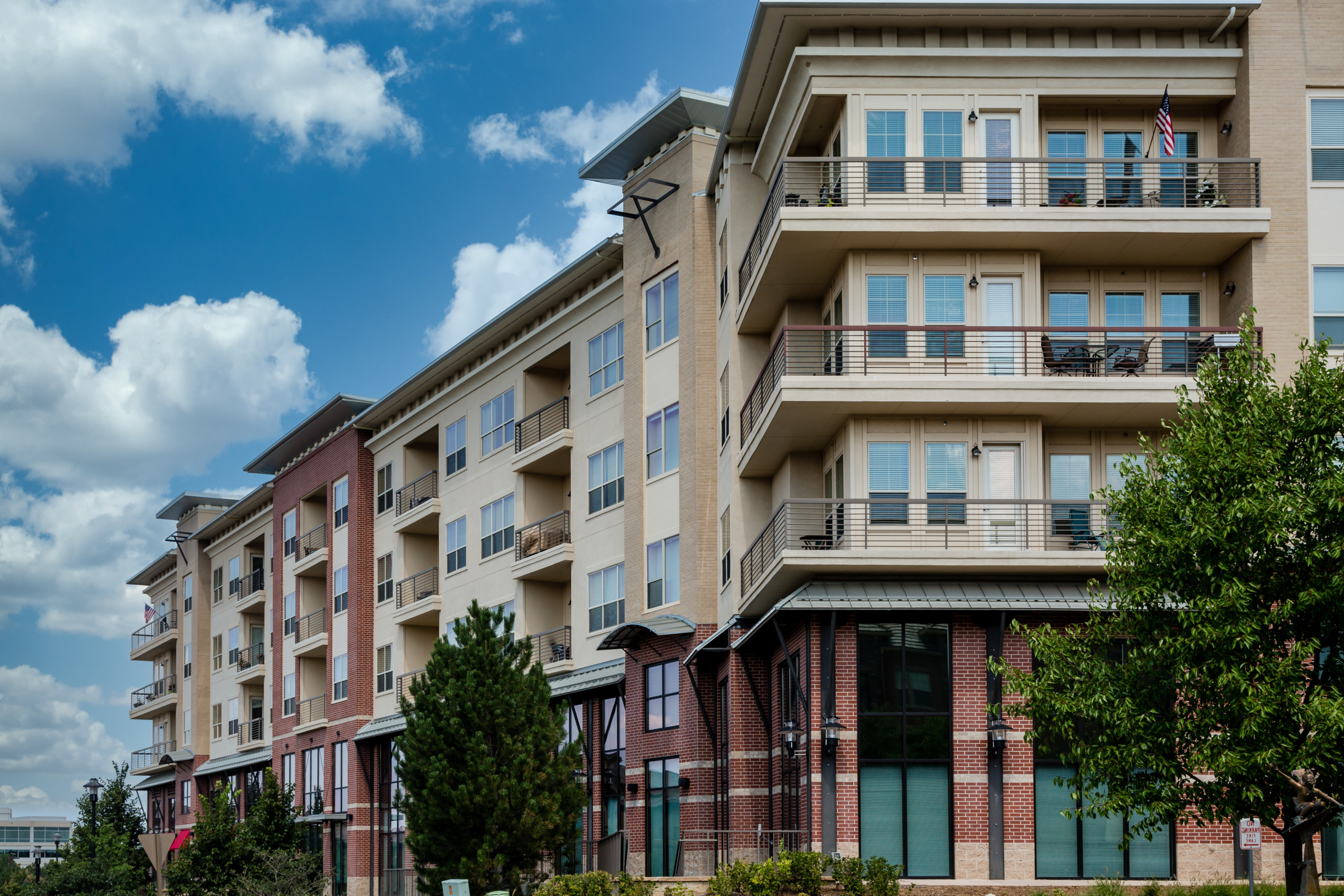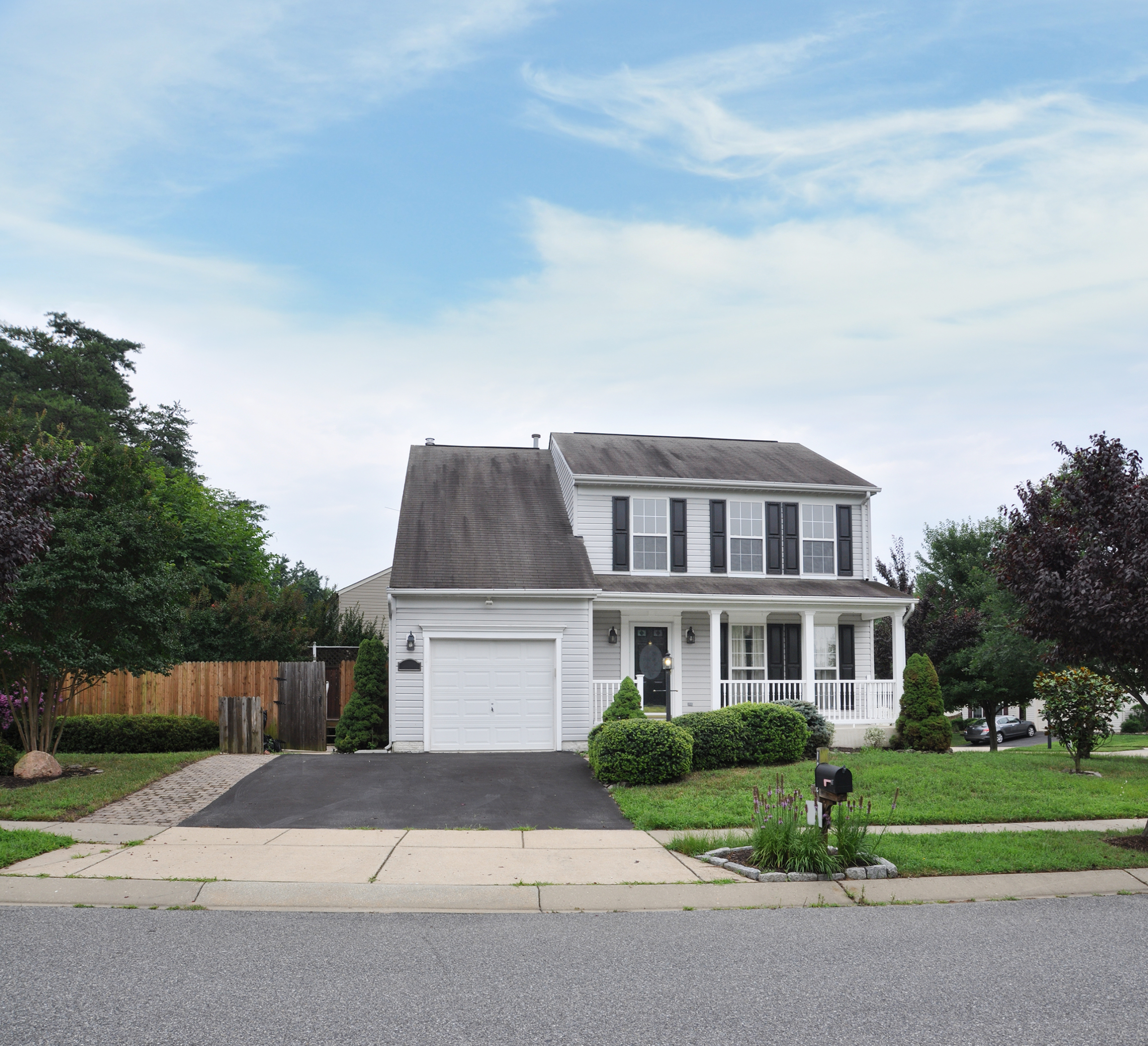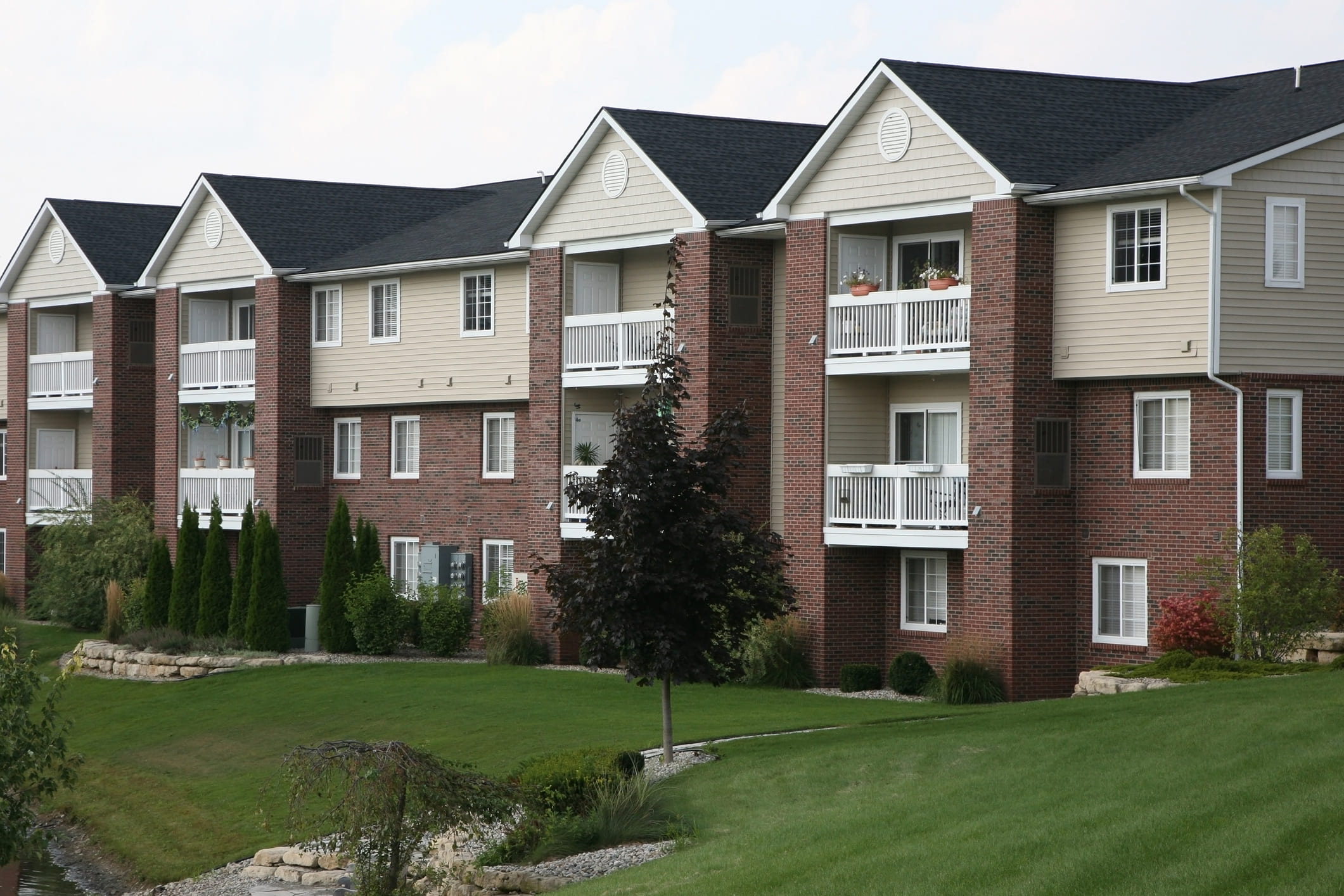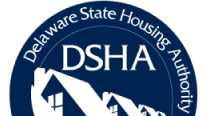

Community Benefit Programs
To better address health and community needs, DSHA’s community benefits programs provide federal and state funding to qualified organizations.

American Rescue Plan Act Programs
DSHA received $60 million in State and Local Fiscal Recovery Funds authorized by the American Rescue Plan Act to fund five affordable housing programs.

Downtown Development Districts Program
The Downtown Development District Rebate Program (DDD) facilitates private investment in designated business corridors and adjacent neighborhoods, addressing financial barriers and redevelopment challenges in downtown areas.

Homeownership Production
With DSHA’s homeownership production programs, affordable housing developers can develop or rehabilitate homes to be sold to moderate to low-income Delaware residents.

Low Income Housing Tax Credit (LIHTC)
The LIHTC program is a federal source of affordable housing development financing available statewide that provides a direct federal income tax credit to qualified owners and investors to build, acquire, or rehabilitate affordable rental housing units for low-income Delawareans.

Supportive Housing
DSHA’s supportive housing programs allow developers to combine innovative housing initiatives with wrap-around services that help Delawareans live stable and productive lives.






